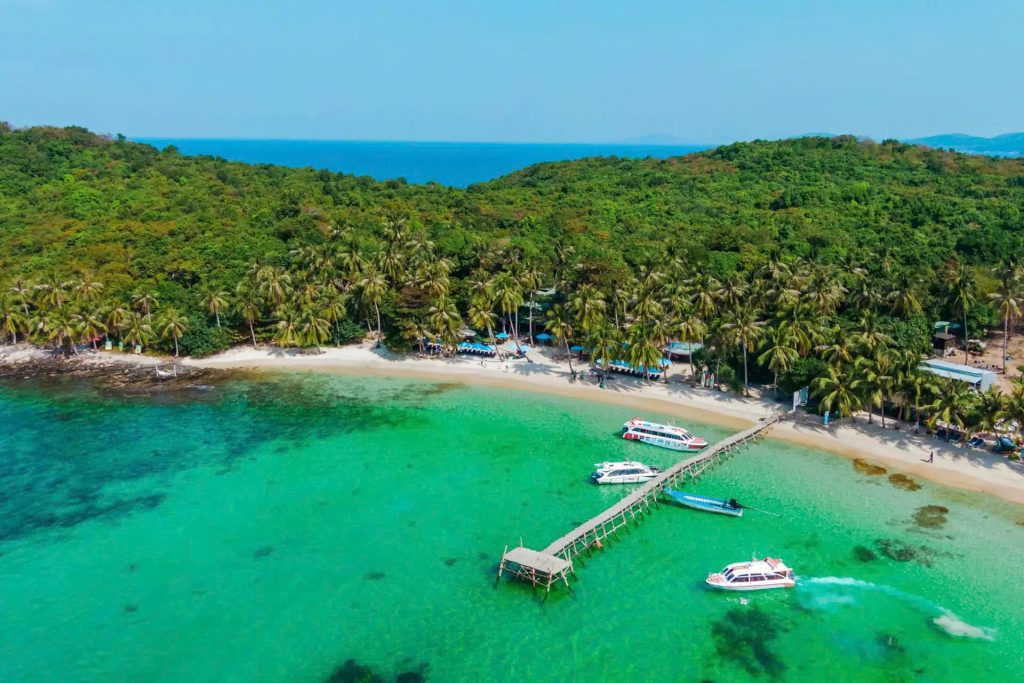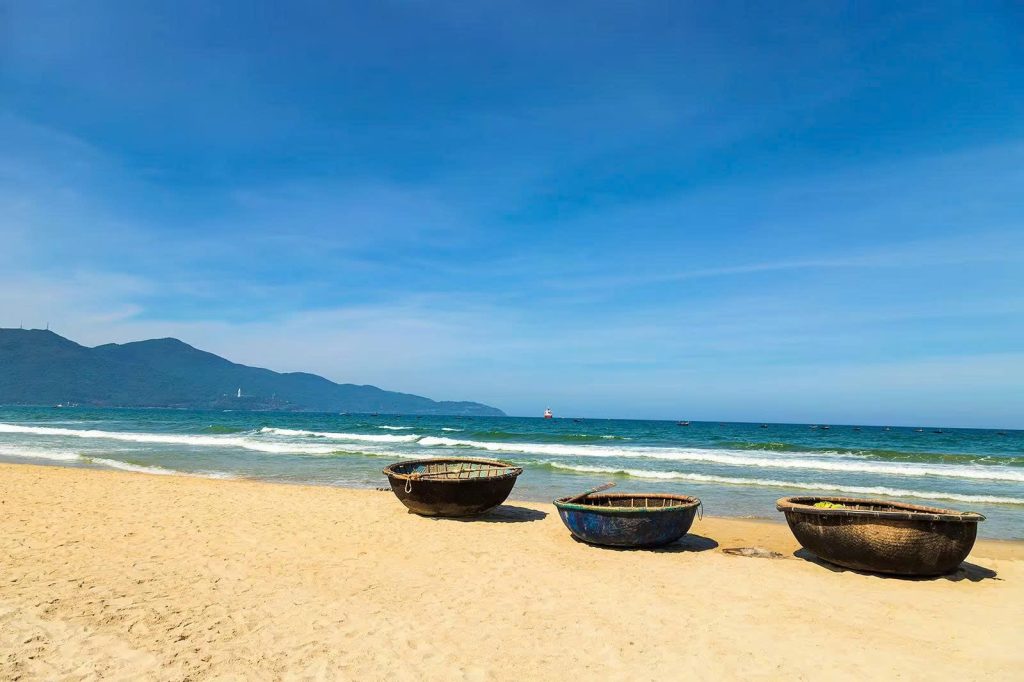Considering Vietnam for your next remote work adventure? Excellent choice! This vibrant country offers a compelling blend of culture, affordability, and a growing digital nomad scene. But before you book your flight, one crucial question looms: “Is the internet in Vietnam good enough for remote work?” This article answers that, diving deep into internet speeds, best SIM card options, and how to find reliable Wi-Fi to keep you productive and connected.
The Connectivity Landscape: Why Internet is Vital in Vietnam
Vietnam’s appeal to remote workers in 2025 is stronger than ever. Cities like Ho Chi Minh City, Hanoi, and Da Nang are buzzing with expats and digital nomads. However, your ability to thrive here hinges on a robust internet connection. Seamless video calls, quick file uploads, and consistent communication with your team are non-negotiable for remote success.
1. Internet Speed & Quality: What to Expect in Vietnam

You’ll be pleased to know that Vietnam generally offers good internet speeds, especially in urban areas.
Average Speeds:
- Most residential and business connections, particularly fiber optic, deliver download speeds ranging from 50 Mbps to 100 Mbps, with many providers offering higher tiers.
- Upload speeds are typically a healthy fraction of the download speed, often more than sufficient for video conferencing and cloud-based work.
- Mobile 4G is widespread and reliable, often reaching speeds comparable to or exceeding home Wi-Fi in many areas. 5G is actively rolling out in major cities.
The Undersea Cable Factor:
- Vietnam relies heavily on international undersea internet cables. While generally robust, occasional maintenance or damage to these cables (like the AAG or APG) can cause temporary slowdowns, especially for international traffic. These events are usually temporary and well-publicized.
Testing Your Speed:
- Always run a quick speed test using sites like net when you arrive at a new location (apartment, cafe, coworking space) to check the actual performance.
2. Getting Connected: Your Guide to Vietnamese SIM Cards
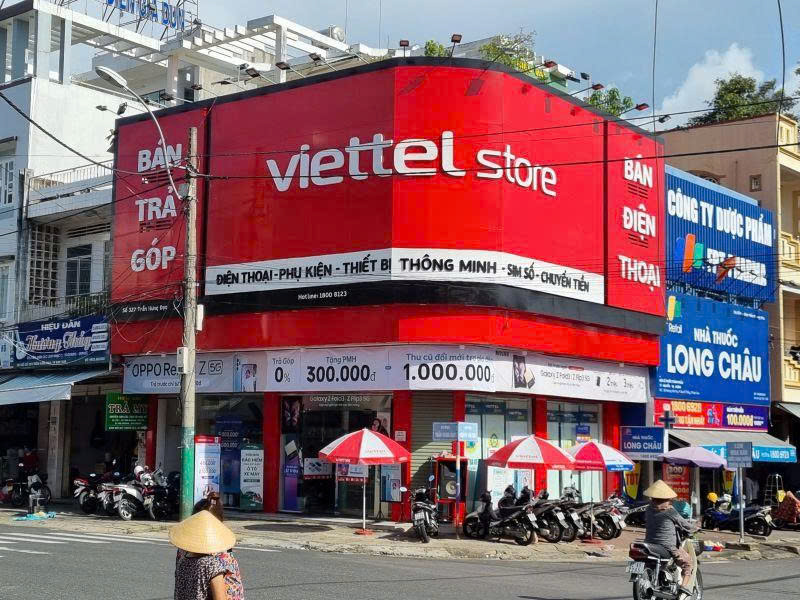
For constant connectivity on the go, a local SIM card is essential. It’s incredibly affordable and offers excellent value.
Top Mobile Network Operators:
- Viettel: The largest and often considered the most reliable, with the widest coverage across the country. Great for remote areas too.
- MobiFone: A strong competitor, offering good speeds and competitive packages, especially in urban centers.
- VinaPhone: Another major player with good network coverage, particularly strong in cities and popular tourist destinations.
How to Buy Your SIM Card:
- Where to Buy: You can easily purchase SIM cards at international airports upon arrival, official brand stores (recommended for activation assistance), or even smaller phone shops.
- What You Need: Bring your passport for registration. Vietnamese law requires all SIM cards to be registered to an individual.
- Activation: Staff at official stores will usually activate it for you on the spot.
Choosing a Data Plan:
- Most providers offer affordable unlimited data plans or large data allowances (e.g., 60GB-100GB/month) specifically catering to tourists and long-term visitors. Prices typically range from 100,000 VND to 200,000 VND (approx. $4-$8 USD) per month for generous data.
3. Finding Reliable Wi-Fi for Work: Options for Digital Nomads

While mobile data is great for everyday use, dedicated Wi-Fi is usually preferred for intensive work tasks.
Coworking Spaces: Your Best Bet for Productivity
- Why They’re Best: Coworking spaces offer the most reliable and stable internet connections. They often have redundant lines, backup power, and dedicated IT support. This is crucial for video calls, large downloads, and secure work.
- Popular Chains: Look for established networks like Toong (in Hanoi and Ho Chi Minh City) or Dreamplex (Ho Chi Minh City). Many independent and well-equipped spaces exist in Da Nang, Hoi An, and other popular nomad hubs.
- Cost: Daily, weekly, and monthly passes are available, offering flexibility.
Apartment & Home Wi-Fi:
- Most rental apartments in Vietnam come with fiber optic internet already installed, which is generally fast and reliable.
- Tip: When viewing an apartment, ask for the Wi-Fi password and do a quick speed test on your devices to ensure it meets your needs.
Coffee Shop & Cafe Wi-Fi:
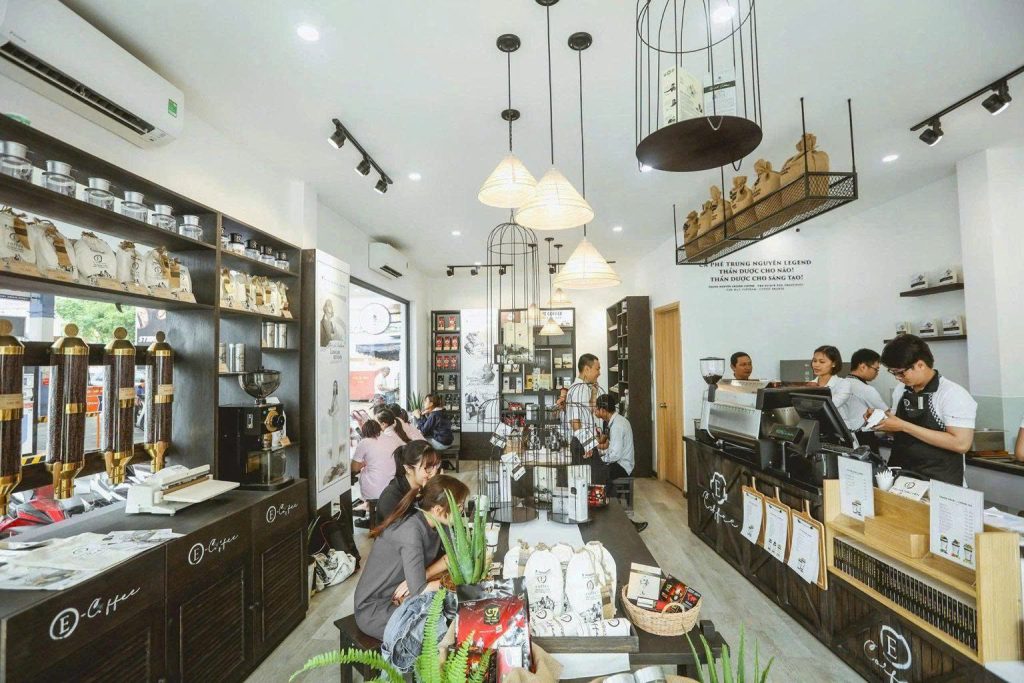
- Vietnam’s cafe culture is legendary, and almost every cafe offers free Wi-Fi.
- Pros: Great atmosphere, cheap drinks, ubiquitous.
- Cons: Speed can vary wildly, security is often minimal (use a VPN!), and during peak hours, bandwidth can be strained. Best for light tasks or as a backup.
Portable Wi-Fi Devices (MiFi/Pocket Wi-Fi):
- These devices provide a personal Wi-Fi hotspot using a local SIM card. They are excellent as a backup option or for staying connected in areas where public Wi-Fi is scarce.
- You can rent or purchase these from major network providers or electronics stores.
RELATED: Ho Chi Minh City vs Hanoi for Digital Nomads: Which City is better for you
4. Essential Tips for Staying Connected & Secure
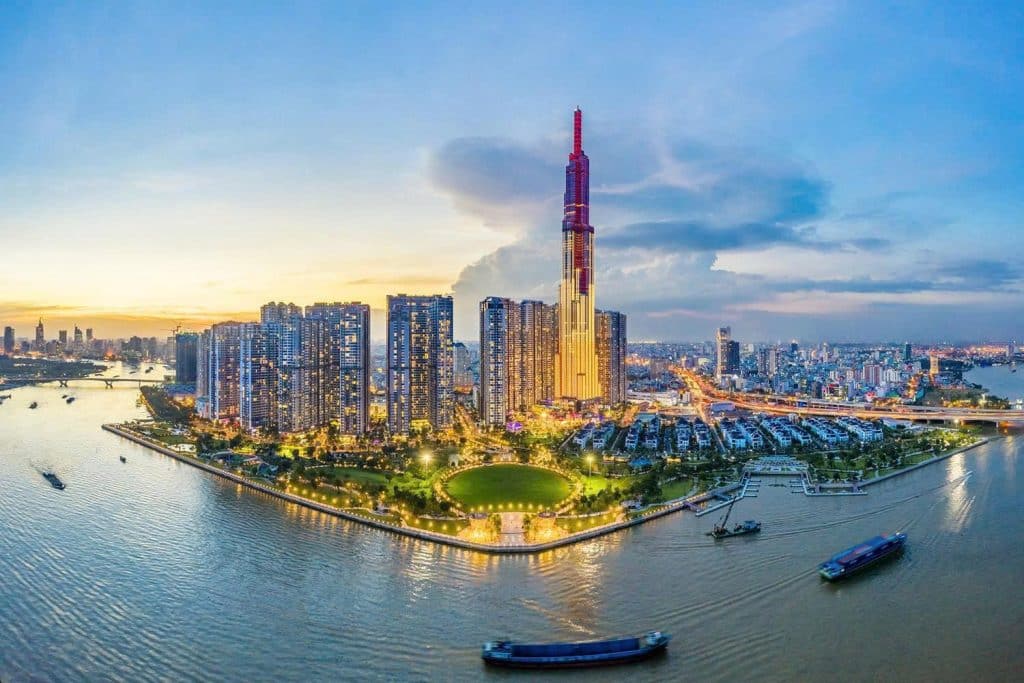
Always Use a VPN:
- A Virtual Private Network (VPN) is crucial for security when using public Wi-Fi and for accessing certain international services that might be restricted. It encrypts your internet traffic, protecting your data.
Have a Backup Plan:
- Even with great internet, occasional local outages can happen. Ensure you have a mobile hotspot set up on your phone or a MiFi device as a backup. Downloading essential files offline is also a smart move.
Check Reviews:
- Before committing to a long-term rental or a coworking space, check online reviews or ask in digital nomad Facebook groups for feedback on their internet reliability.
Understand “Unlimited” Data:
- Some “unlimited” mobile data plans might have a high-speed data cap, after which speeds are throttled. Read the fine print to avoid surprises.
RELATED: Best Cities in Vietnam for Digital Nomads
For remote workers, Vietnam’s internet infrastructure is more than capable. With readily available high-speed mobile data through SIM cards and a plethora of reliable Wi-Fi options ranging from dedicated coworking spaces to your own apartment, staying connected and productive here is straightforward. Embrace the adventure, enjoy the incredible culture, and know that your internet needs are well-covered.








